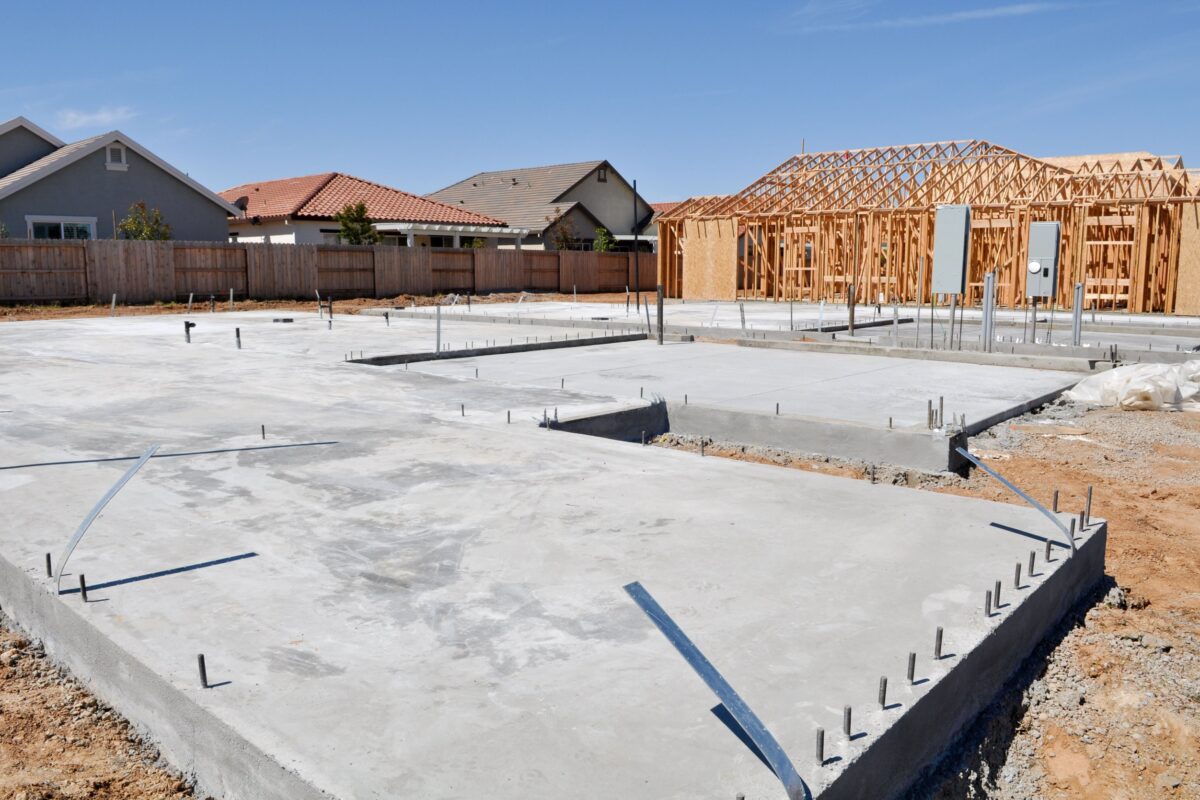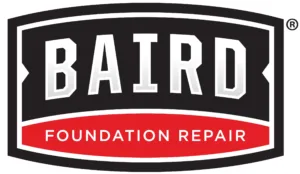
How Long Will My Foundation Last?
If you’re worried about the lifespan of your foundation, you’re not alone. Ancient foundations have been known to last over 500 years, while modern ones don’t even last 1/5th of that time! Taking steps to protect your foundation will make it last a lot longer. And waiting too long to make repairs will make your foundation’s life shorter.
At Baird Foundation Repair, we have all the resources that you need to test your foundation’s integrity. Serving areas all over South Texas, we offer free inspections so that you don’t have to worry. Texas weather is tough on all types of foundations, so it’s necessary to get yours checked. To predict the lifespan of your foundation, there are a few things you need to consider:
What is the Lifespan of Your Foundation?
Unfortunately, there is no simple answer to this question because the lifespan of most foundations varies. Construction, weather, and neglect are all factors that can shorten lifespan of any foundation. These factors also lead to more repairs, which means more money out of pocket.
A foundation can maintain its integrity through timely repairs, soil compaction, and protection. For the average home, foundation should last about 80-100 years before needing to be replaced. But not repairing your foundation will make that number of years a lot smaller for your home.
What Shortens the Lifespan of Your Foundation?
Internal problems are not very common, but they still need repairs as soon as possible. However, the biggest issues that your foundation will face are from outside threats:
Climate and Weather
Climate and weather can reduce foundation life through soil erosion. As soil moves under your house, so does your foundation. When your foundation is exposed, the weather will start to affect your concrete. This can create holes, cracking, and even the foundation of the house shifting over time.
Plants and Trees
Plants and trees can be detrimental to your foundation’s health if the roots are big enough to cause harm. If you plant a tree too close to the home, then its roots will grow under the foundation of your house. This can cause problems that require immediate intervention. And if the tree shifts, the roots of the plant are forceful enough to take your home’s foundation with them.
Construction Flaws
Nobody is perfect, including contractors and construction workers. Flaws in the integrity of the foundation may run deeper than what any of us could expect. Soil needs to stay compact around the foundation to hold it in place, but workers don’t always ensure this. Loose soil makes the foundation slide and crack, shifting the walls with it.
What Are Signs That My Foundation is Cracking?
Cracking and shifting in the walls are key signs that your foundation is deteriorating. During home foundation repair, technicians will check the walls of the house. This is because cracks in the drywall are a direct result of a shifting foundation. This foundation issue will do a lot of damage to your house if it is not addressed immediately. The size and placement of the cracks can help determine the severity of the foundation damage.
Tired of Stressing About the Lifespan of Your Foundation?
Baird Foundation Repair takes the guesswork out of foundation evaluation and construction. Whether this is your first home or your last, we are here to increase the value of your home. A house without a strong foundation is not a home.
We offer free evaluations for families around San Antonio, Corpus Christi, Houston, Austin, and surrounding areas. Call today to restore the integrity of your home from that Texas weather!

